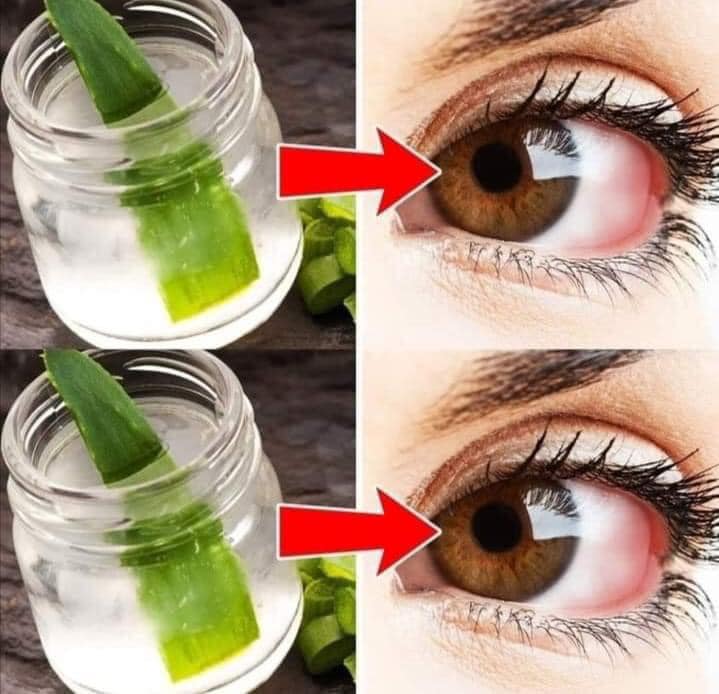A balanced diet rich in vitamins and minerals can support eye health and improve vision. Certain nutrients are particularly beneficial for maintaining healthy eyesight.
- Vitamin A: Essential for good vision, vitamin A helps protect the cornea and prevents night blindness. Foods rich in vitamin A include carrots, sweet potatoes, and leafy greens.
- Omega-3 Fatty Acids: Found in fish like salmon and flaxseeds, omega-3 fatty acids help protect against dry eyes and macular degeneration.
- Lutein and Zeaxanthin: These antioxidants, found in kale, spinach, and eggs, help protect the eyes from harmful light and reduce the risk of chronic eye diseases.
3. Practice the 20-20-20 Rule
Extended screen time can strain your eyes and cause digital eye strain. The 20-20-20 rule is a simple exercise to reduce eye strain:
- Every 20 minutes, take a 20-second break and focus on something 20 feet away. This helps relax the eye muscles and reduce fatigue from prolonged screen use.
4. Maintain a Healthy Lifestyle
Overall health plays a significant role in eye health. Maintaining a healthy lifestyle can prevent conditions that may impair vision.
- Exercise Regularly: Regular physical activity improves blood circulation, ensuring that your eyes receive adequate oxygen and nutrients.
- Stay Hydrated: Proper hydration is essential for maintaining healthy eyes and preventing dry eye syndrome.
- Avoid Smoking: Smoking increases the risk of cataracts, macular degeneration, and optic nerve damage. Quitting smoking can improve overall eye health.
5. Protect Your Eyes
Preventing damage to your eyes is crucial for maintaining good vision. Taking proactive steps to protect your eyes can reduce the risk of vision problems.
- Wear Sunglasses: Protect your eyes from harmful UV rays by wearing sunglasses that block 100% of UVA and UVB rays. This can prevent cataracts and macular degeneration.
- Use Protective Eyewear: If you’re involved in activities that pose a risk of eye injury (like sports or working with hazardous materials), wear protective goggles or safety glasses.
- Ensure Proper Lighting: Whether reading or working on a computer, ensure that your environment is well-lit to reduce eye strain.
Final Thoughts
While these methods can support eye health and potentially improve vision, they are not a substitute for professional eye care. Regular eye exams are essential for monitoring eye health and addressing any vision problems. By incorporating these practices into your daily routine, you can take proactive steps towards better vision and overall eye health.
